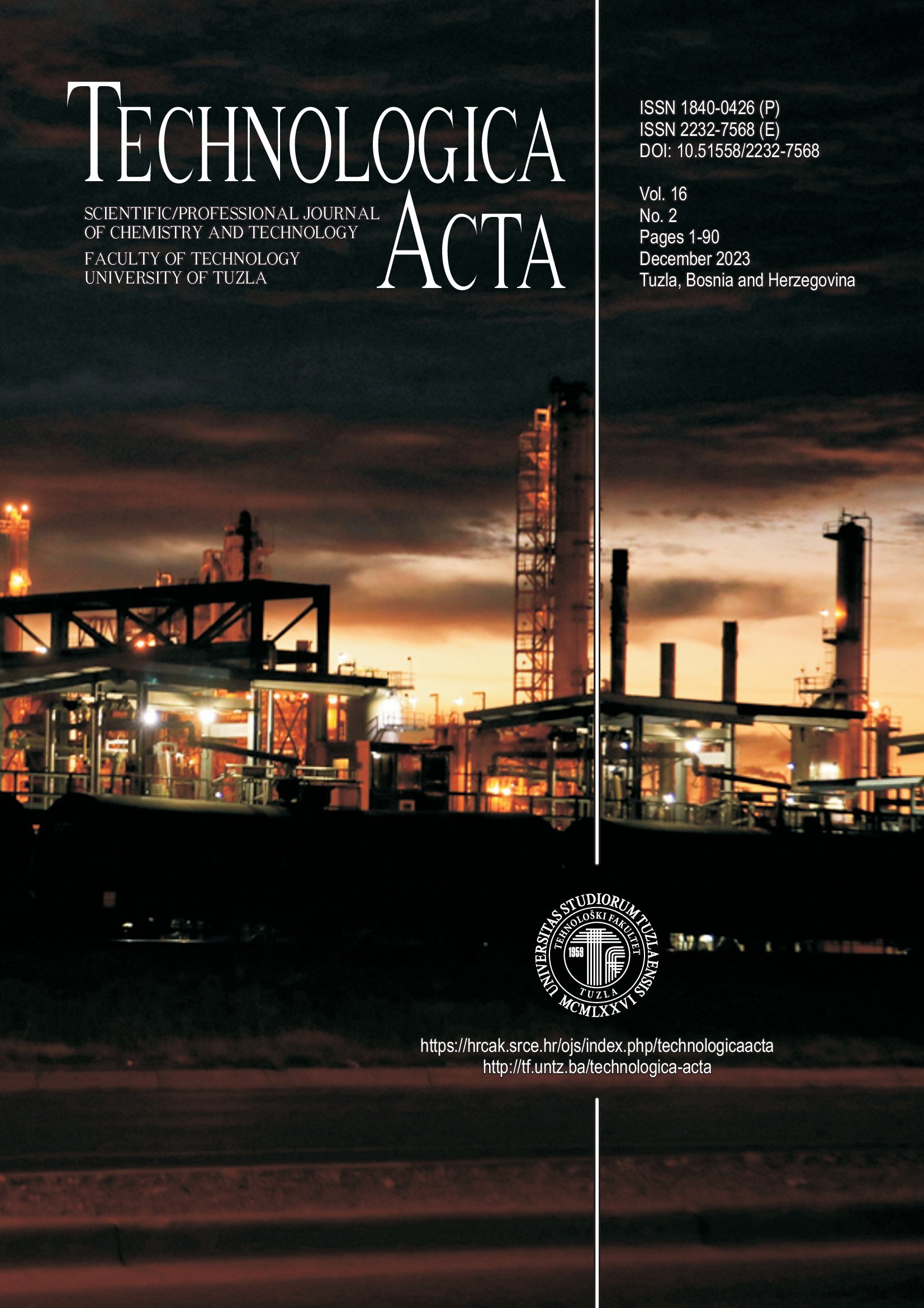Microbiological quality of bottled water in freestanding dispensers
Keywords:
dispensers, bottled water, coliform bacteria, biofilms, total bacteria countAbstract
Nowadays, bottled water has become part of the lifestyle, replacing tap water, and water from freestanding dispensers is increasingly being used. The main goal of this research was to determine the health suitability of bottled water in freestanding dispensers. The research included the microbiological analysis of a total of 100 samples of bottled water from freestanding dispensers. The samples were mostly taken in the wider area of the city of Doboj (doctor's offices, shops, public buildings), and one dispenser in the city of Tuzla. Water samples were taken twice, in the period from April to June 2022. Water samples from 6 different manufacturers (Vivia, Kristal, Nevra, Gora, Aqua doria, Aqua team) were analyzed. 9% of water samples (9/100) were microbiologically correct. Microbiologically defective samples contained a higher total number of bacteria at 22°C and 37°C, as well as a higher number of coliform bacteria than the maximum allowed values. No significant differences in microbiological quality were found between older and/or recently installed water dispensers, as well as in terms of environmental conditions, while visible differences were observed between dispensers that were regularly hygienically maintained.
Downloads
Published
Issue
Section
License
Copyright (c) 2024 Snježana Hodžić, Ivana Tešić, Amela Hercegovac, Melisa Šehić, Suada Cipurković, Darja Husejnagić, Aldijana Avdić, Suad Širanović

This work is licensed under a Creative Commons Attribution 4.0 International License.


